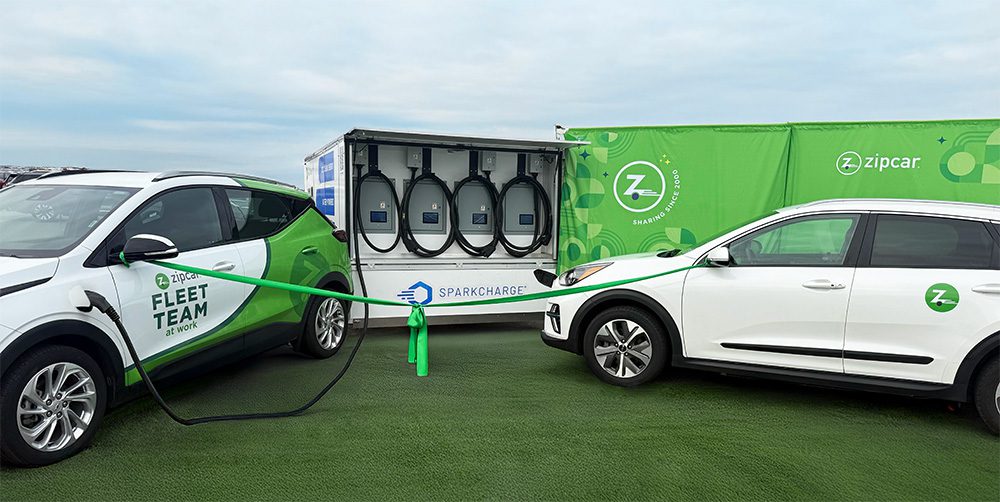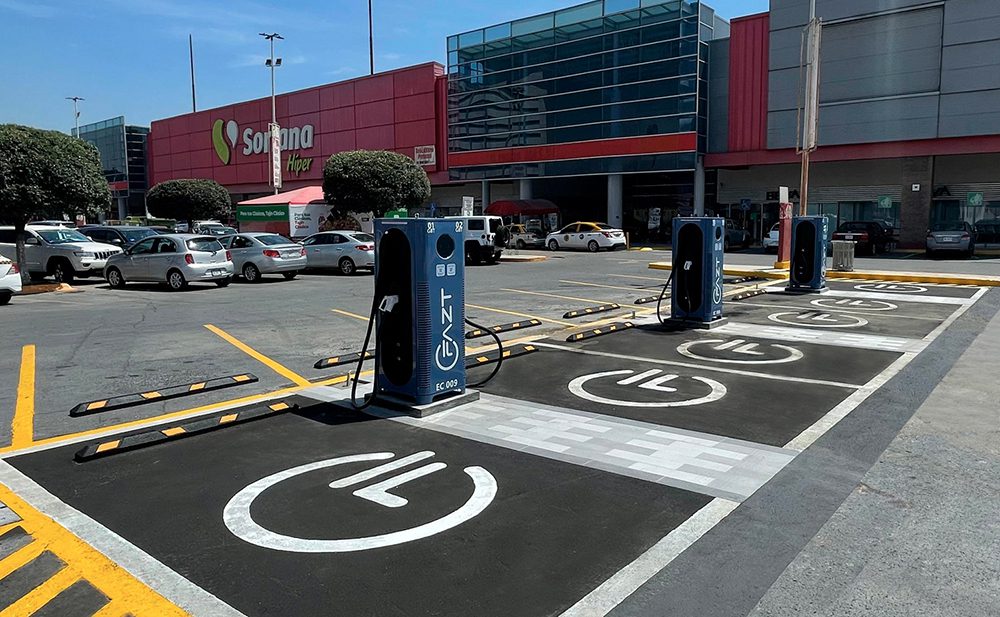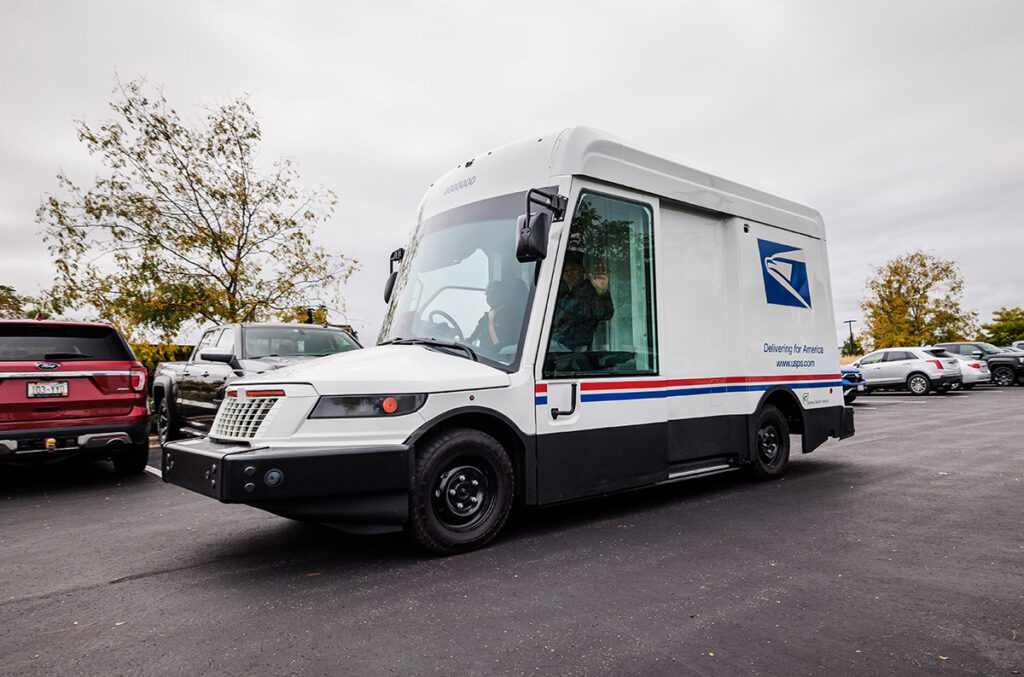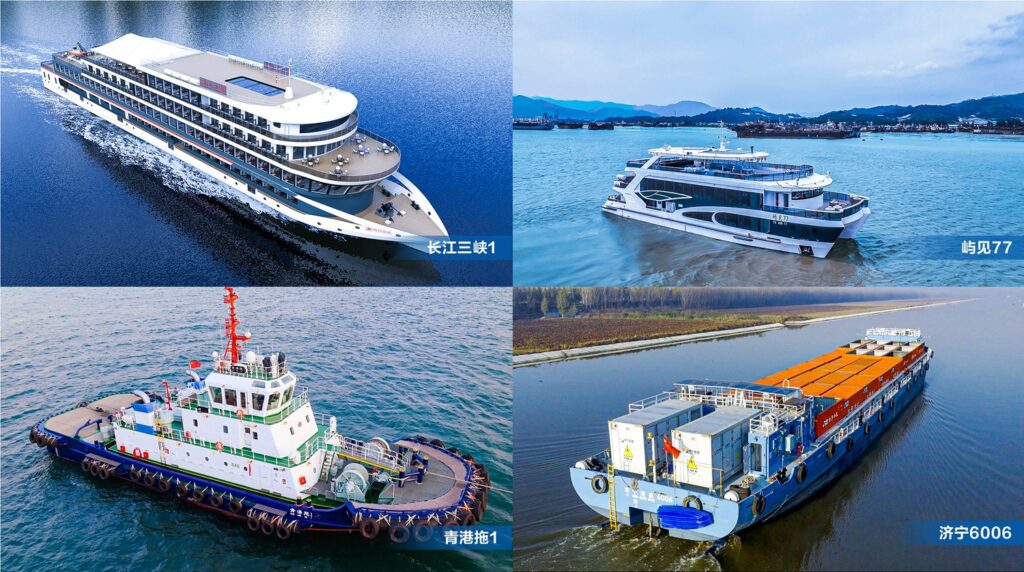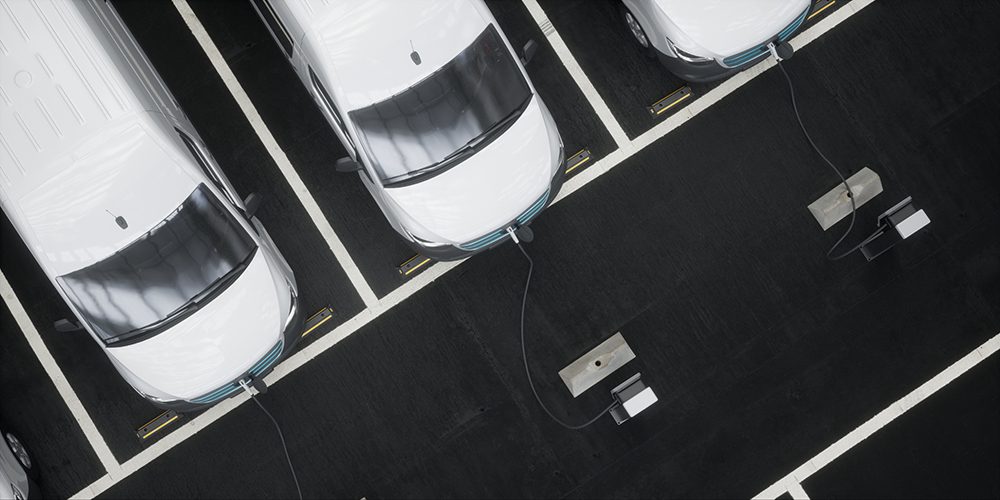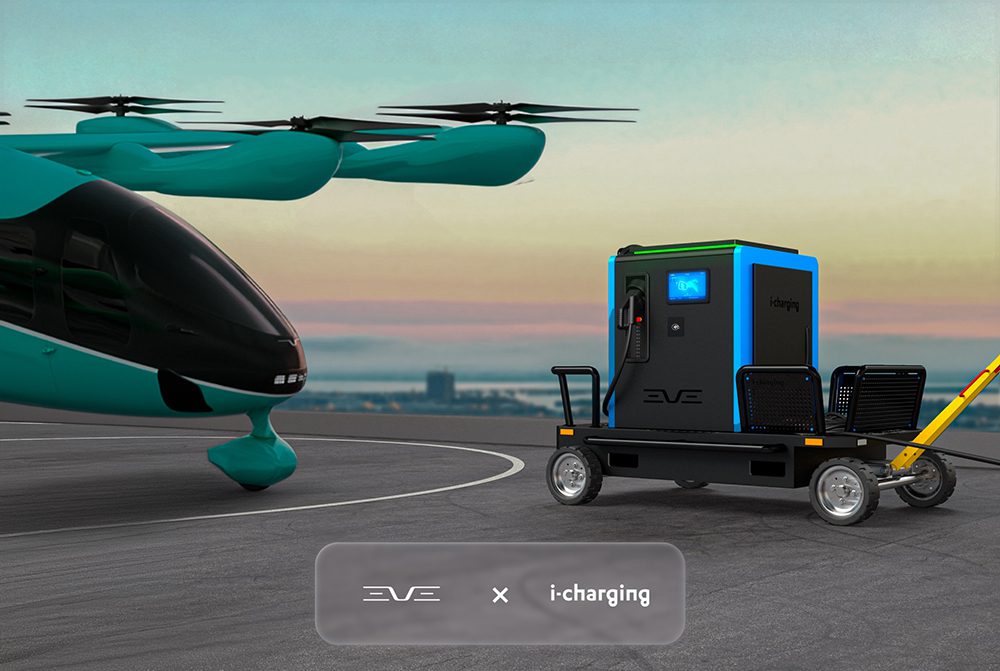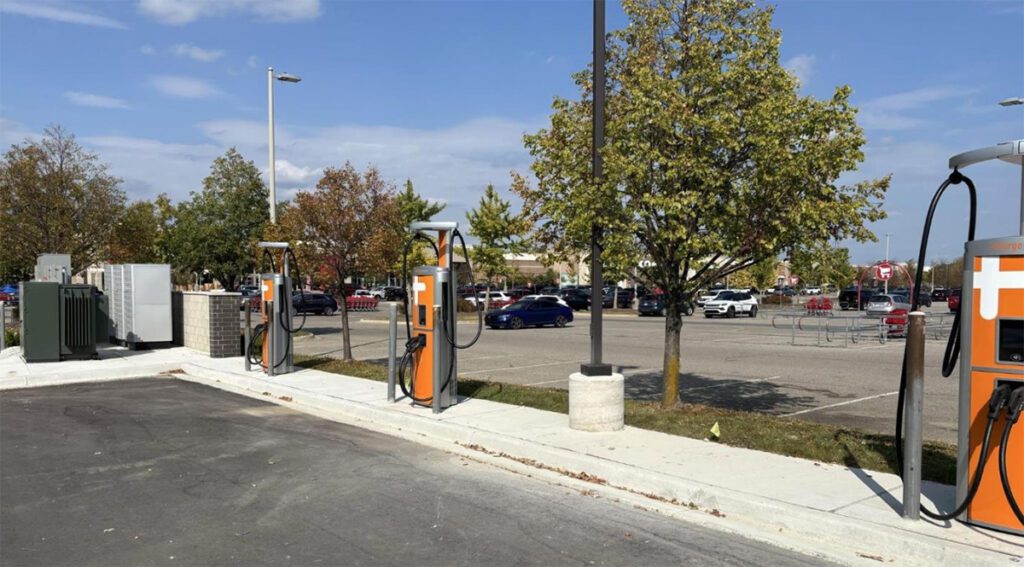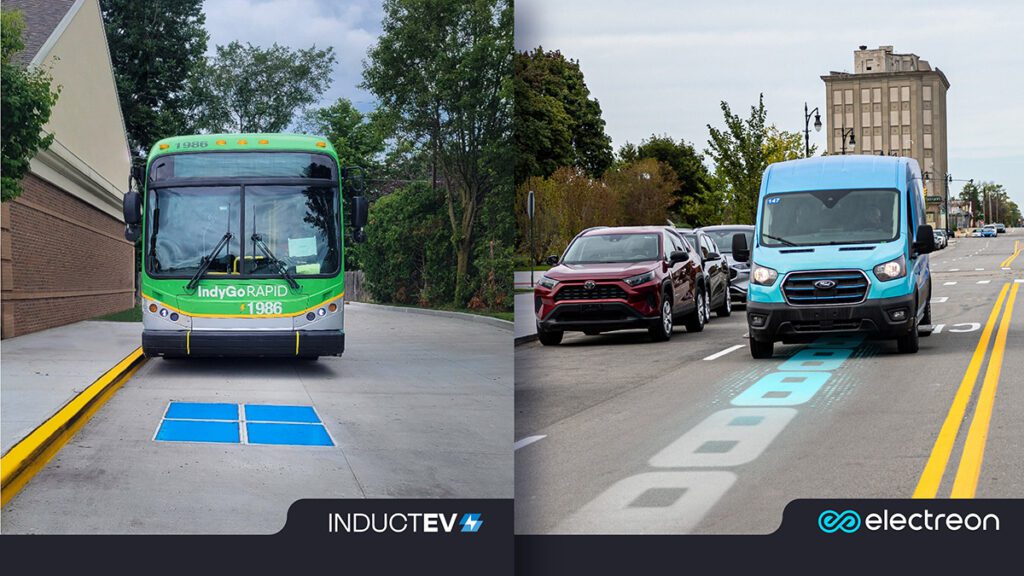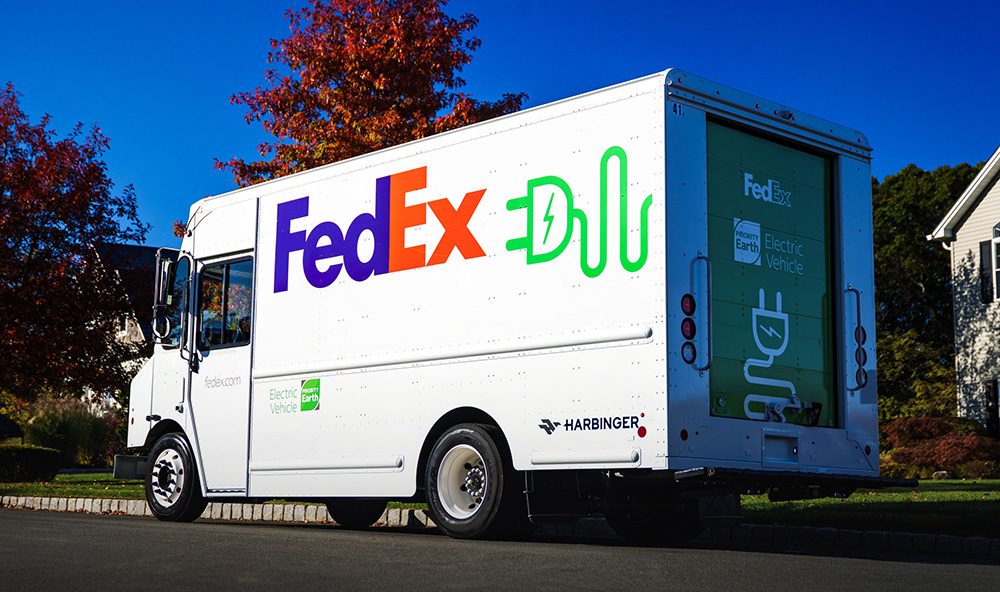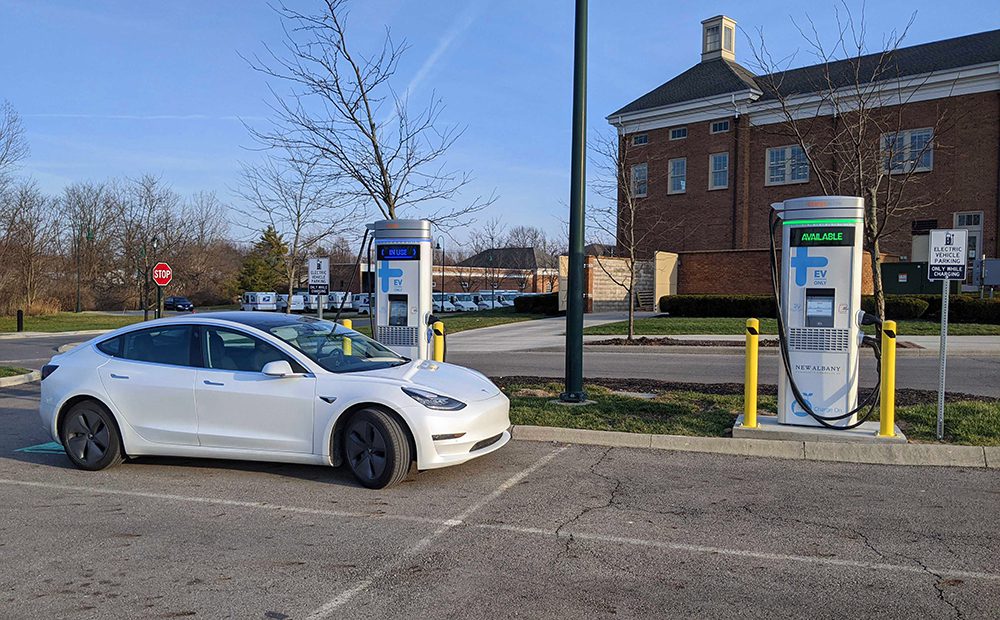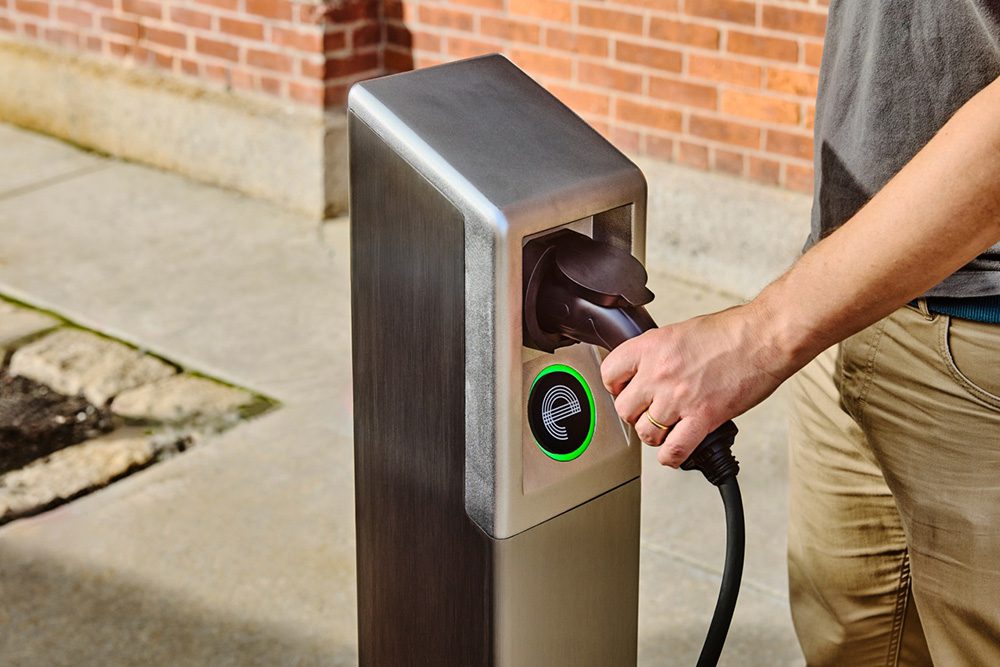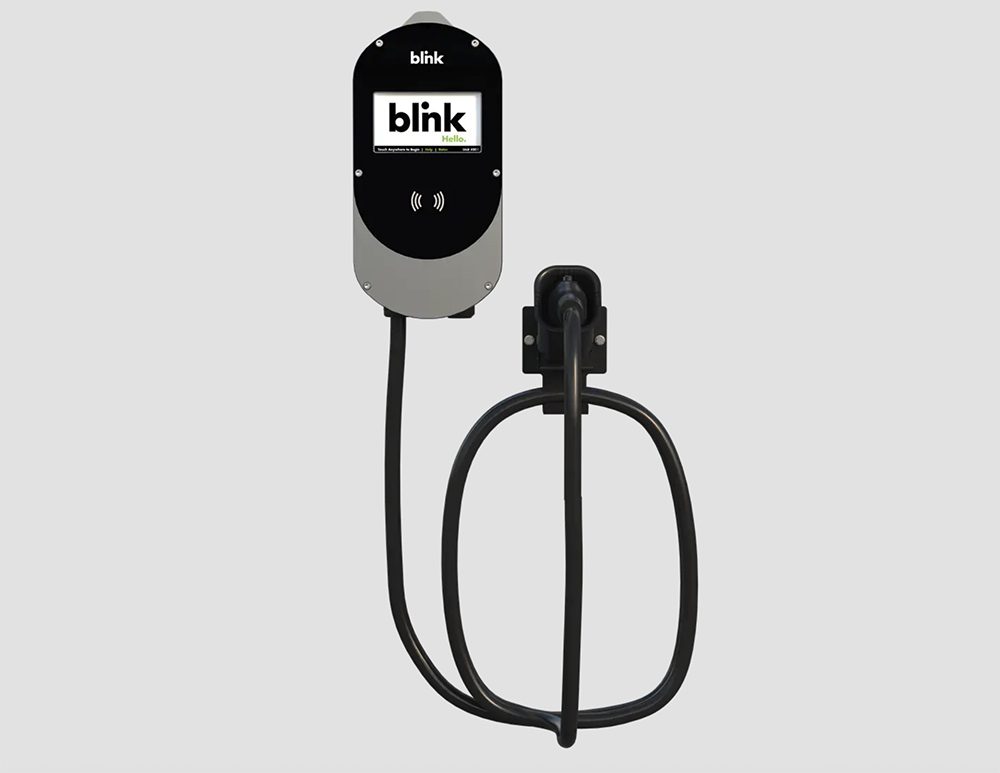Smart Freight Centre (SFC) is an international non-profit organization focused on reducing the emissions of freight transportation. Last year, the organization orchestrated the launch of the I-10 Zero Emission Freight Corridor, which includes a network of heavy-duty EV charging stations between Los Angeles and El Paso. SFC is now launching a similar initiative in Europe in partnership with charging provider PragmaCharge: the Poland-Germany Zero Emission Freight Corridor.
PragmaCharge will provide comprehensive charging solutions for the project. The company’s electric-Trucking-as-a-Service (eTaaS) and Charging-as-a-Service (CaaS) solutions include Fleet Electrification Planning software and analytics, access to its charging hubs around ports, rail terminals, freight corridors and logistics depots, fleet management cloud services, and electric truck leasing.
SFC and PragmaCharge have developed a plan for the corridor based on 250 million annual kilometers of trucking data received from participating shippers and carriers.
PragmaCharge’s software will ingest and analyze the historical duty-cycle data to present a comprehensive electrification plan, which the organizations say will be TCO-positive compared to new diesel trucks along the corridor. Shared charging infrastructure will lower the upfront and operational costs for carriers. A consortium of fleet operators will be able to jointly apply for subsidies announced by the government in Poland.
PragmaCharge Fleet Management Software and Cloud Services will provide GLEC-compliant GHG emissions reporting to help carriers meet EU emissions reporting that will be required under EU ETS-2 starting in 2027.
Christoph Wolff, CEO of Smart Freight Centre, said: “PragmaCharge’s software and analytics using the data provided by our shipping logistics partners made a great contribution for a compelling case for the corridor. We invite our valued shipper and carrier partners to join this consortium.”
Anil Srivastava, CEO of PragmaCharge, said: “We are targeting the electrification of more than six thousand trucks operating per day between the cities of Poznan, Wroclaw, Warsaw and Krakow, and the road network that links these cities with Germany, including the North Sea-Baltic and Baltic Sea-Adriatic Sea TEN-T corridor network.”
The organizations hope to replicate and expand the model to other key road freight corridors across Europe.
Source: Smart Freight Centre































































